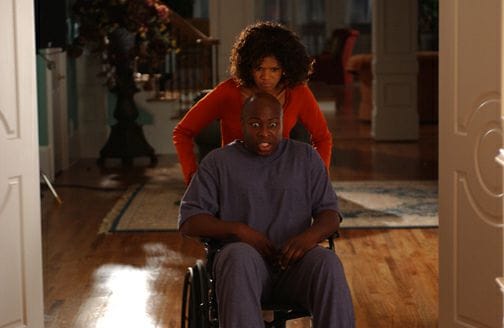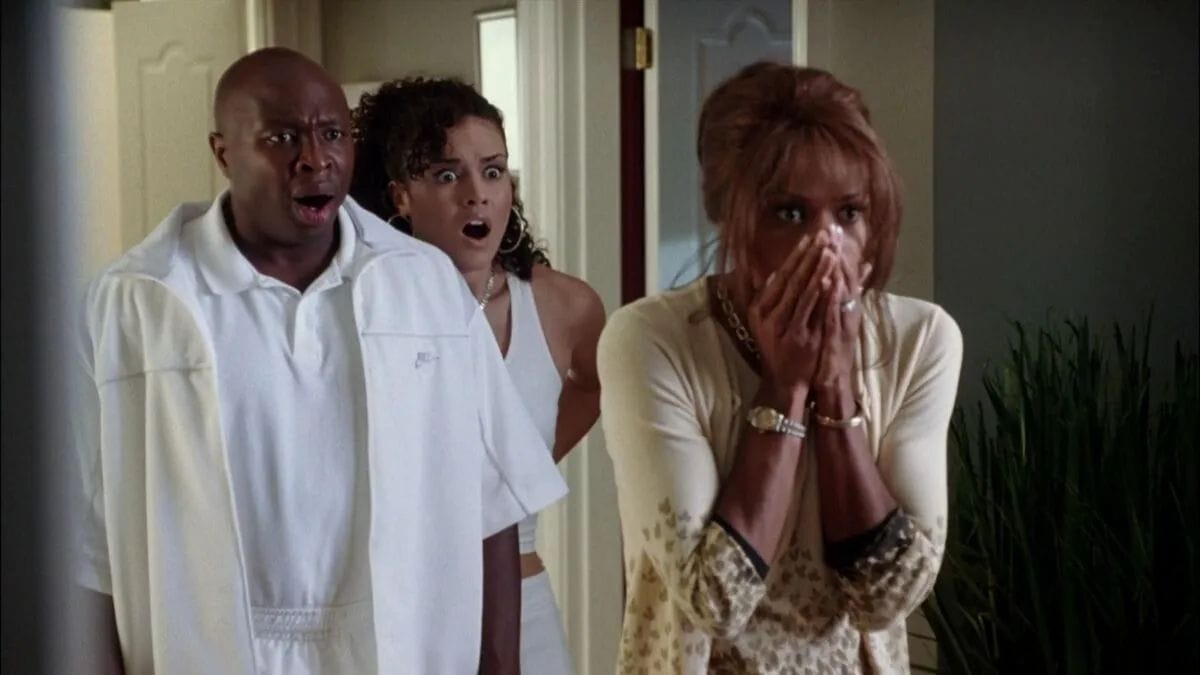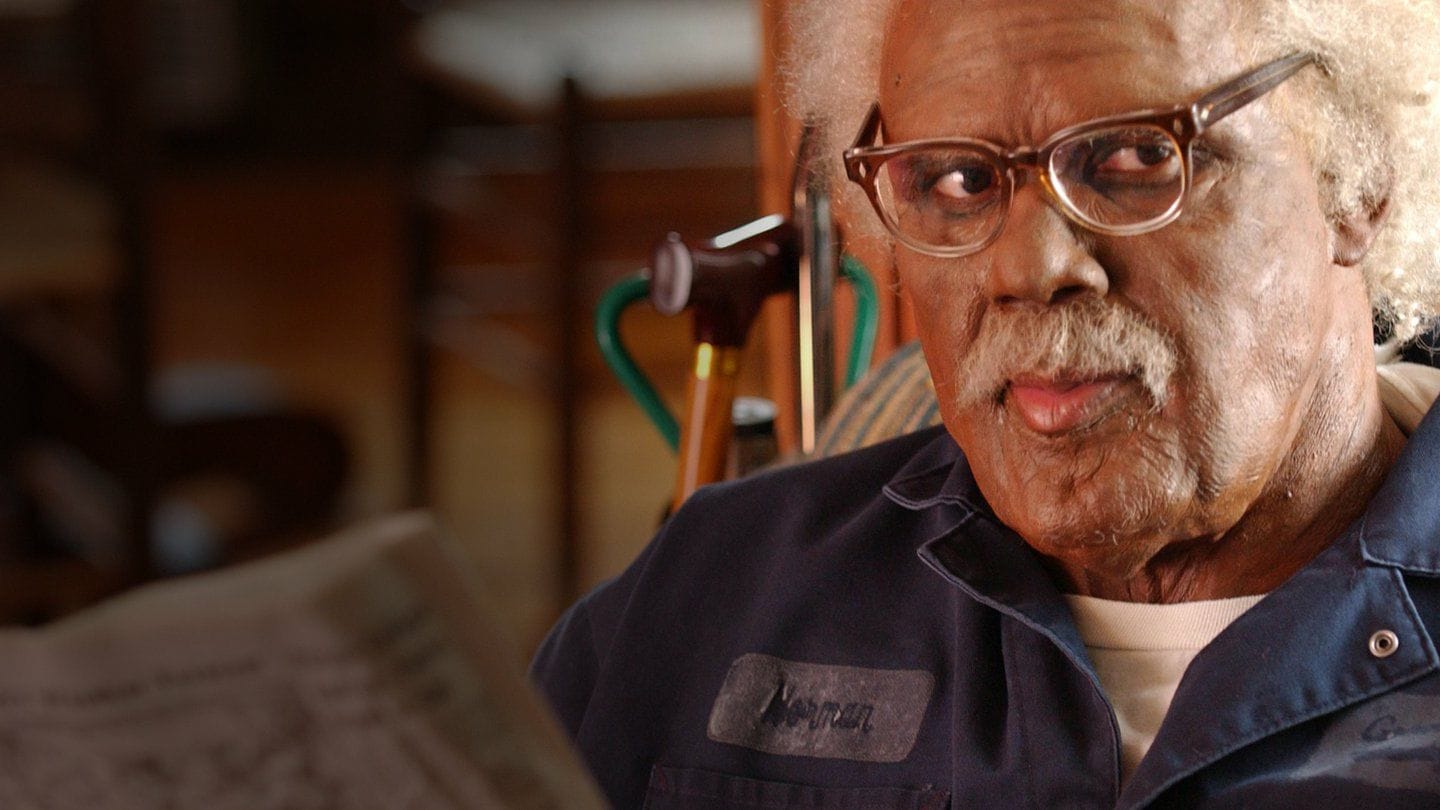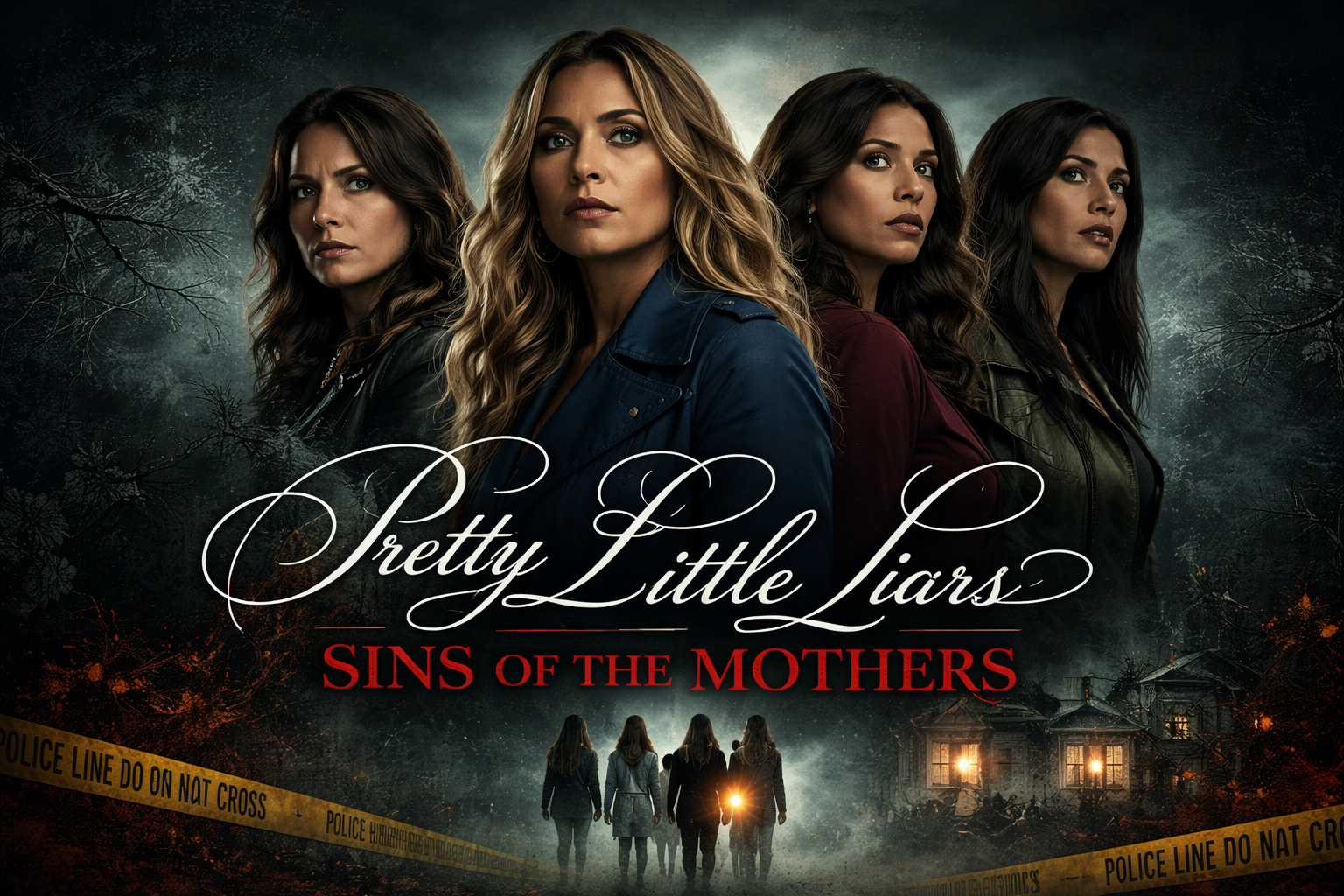A Fierce Return to Strength, Healing, and Legacy

Two decades after Helen McCarter’s story first captured hearts, Tyler Perry returns to reimagine his beloved classic for a new era. Diary of a Mad Black Woman (2025) isn’t just a sequel—it’s a bold statement about the power, complexity, and unshakable resilience of women who refuse to be defined by their pain.
The film finds Helen (Kimberly Elise) in a season of quiet triumph. Gone is the woman broken by betrayal; in her place stands a counselor, entrepreneur, and advocate for women rebuilding their lives. She has turned her scars into tools of healing, proving that survival is just the beginning of empowerment.
Yet, Perry reminds us that strength doesn’t mean immunity.
When the cracks of life begin to widen—when Orlando (Shemar Moore), her once devoted partner, struggles with the weight of work and family—Helen faces an uncomfortable truth: the battles we think we’ve won can return, testing how much we’ve truly grown.

The sequel widens its lens to a younger voice: Maya, Helen’s niece, whose own controlling relationship mirrors Helen’s past.
Watching Maya’s struggle reignites Helen’s fight, pushing her to confront not just external obstacles, but the internal doubts she’s kept buried. Perry layers their journeys together, showing how women, across generations, hold the keys to breaking cycles—through courage, honesty, and a willingness to choose themselves.

And, of course, Madea is back, loud and unapologetic, turning every sharp line and outrageous scene into both comedy and truth. She’s the elder who says what others won’t, a reminder that humor can heal and that faith, community, and self-respect remain unshakable weapons.
What makes Diary of a Mad Black Woman (2025) compelling is its refusal to treat women as victims of circumstance. It celebrates their choices, flaws, faith, and fierceness.
The film builds toward an unforgettable climax—a courtroom and church sequence where Helen doesn’t just fight for her niece’s freedom, she reclaims her own voice, showing that forgiveness and boundaries can coexist.

Perry’s newest chapter is more than drama and laughs; it’s a tribute to every woman who’s ever rebuilt after being broken. It’s a call to remember that strength is not a destination, but a daily decision. With humor, heart, and honesty, Diary of a Mad Black Woman (2025) reminds us all: grace may heal, but courage keeps us moving forward.


